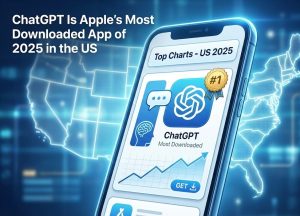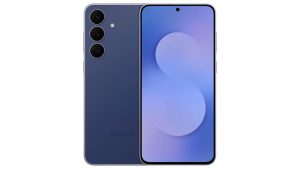OpenAI has unveiled ChatGPT Atlas, its new AI-powered web browser, marking the company’s next major move to make ChatGPT the default interface for the internet. The browser was announced during a livestream event and is currently available on Mac, with Windows, iOS, and Android versions in development.
ChatGPT Atlas reimagines browsing. Instead of performing a Google search, users type questions directly into the address bar, and ChatGPT provides instant answers. This shift aims to make ChatGPT, not Google, your first stop for information.
Unlike other AI browsers like Dia, Neon, Comet, and Strawberry, OpenAI’s advantage lies in its massive reach. With over 800 million weekly ChatGPT users, Atlas could quickly scale adoption.
OpenAI CEO Sam Altman said at launch, “AI gives us a once-in-a-decade opportunity to rethink what a browser can be. Tabs were great, but there hasn’t been much innovation since then.”
Deep Integration and Features
Atlas is more than a browsing tool; it’s a complete ChatGPT ecosystem. Users can reference multiple websites directly in conversations, invoke apps through OpenAI’s App SDK, and interact with a hovering AI writing assistant that appears in text fields across pages.
A core feature, ChatGPT Memory, uses browsing and chat history to tailor responses. For example, users can ask, “Show me the document I wrote about my presentation,” and ChatGPT retrieves it instantly. This makes Atlas both personal and context-aware, though it also means OpenAI gathers more behavioral data to enhance its AI products.
Atlas deliberately skips conventional features like ad-blockers, VPNs, or reading modes. Instead, users can ask ChatGPT to summarize pages or find specific content. This design prioritizes interaction over consumption, positioning ChatGPT as the centerpiece of browsing rather than an add-on.
OpenAI’s move also responds to growing platform restrictions. Meta recently blocked ChatGPT integrations on WhatsApp, limiting third-party chatbot access. Atlas ensures OpenAI owns its distribution channel, reducing reliance on external platforms.
The Vision: ChatGPT as a Personal Operating System
OpenAI’s Head of Applications, Fidji Simo, explained Atlas’s long-term goal:
“ChatGPT is evolving beyond a chatbot. It’s becoming the operating system for your life a connected hub to manage your day and achieve your goals.”
Despite innovation, OpenAI faces a tough question: Can it make users switch from Chrome, Safari, and Edge? Chrome’s dominance came from speed and simplicity. For Atlas to succeed, users must prefer AI-first interaction over traditional browsing.











